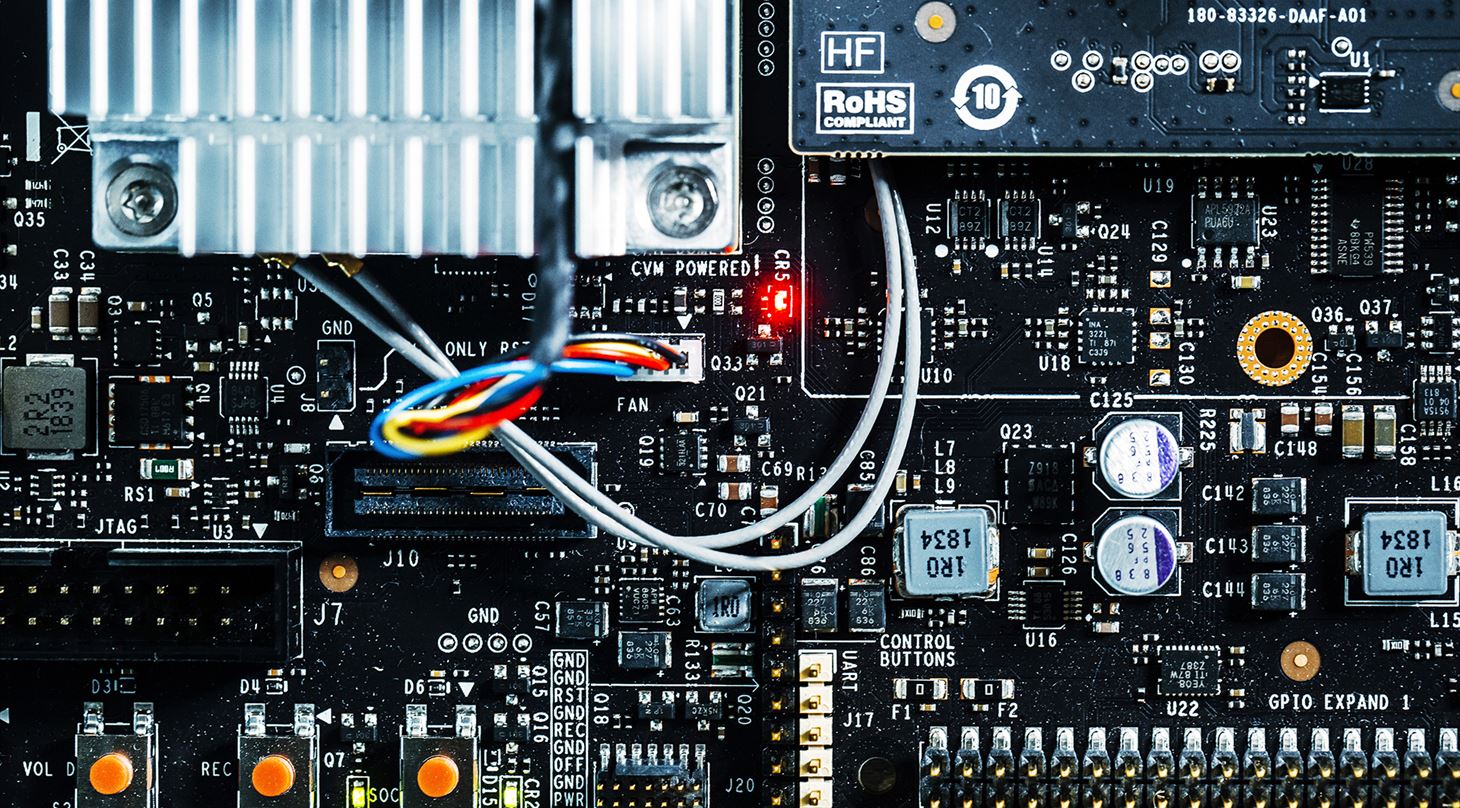
AI must go in a greener and more trustworthy direction
A new, large EU project will develop the confidence-inspiring and CO2-reduced artificial intelligence of the future. The Danish Technological Institute (DTI) represents Denmark in the project, which mobilises the leading players in AI across Europe.
Faster diagnosis of diseases, optimisation of energy consumption in buildings, and detection of defects in manufactured products.
Artificial intelligence (AI) is developing rapidly and has the potential to solve major societal problems in areas such as health, energy, and the manufacturing of products.
But AI also faces significant challenges regarding things like safety, explainability (due to the complexity of AI systems), and – last but not least – environmental impact through the extensive power consumption of IT equipment.
An ambitious new EU project called ENFIELD (European Lighthouse to Manifest Trustworthy and Green AI) sets out to address these challenges.
- We have teamed up with some of the best players in AI in Europe to develop AI technologies that, among other things, minimise CO2 emissions and make AI more transparent and controllable for people, says François Picard, who is a Senior Specialist at DTI.
Tackling disadvantages and exploring advantages
The project brings together over 30 partners from 18 countries to create a leading European network of excellence in green, adaptive, human-centered, and reliable AI.
This will strengthen Europe's position in AI research, application, and regulation by bringing together and mobilising actors from all over Europe.
The project will test new AI solutions within production, health, energy, and aerospace.
- It is a positive that we are now starting to consider AI not only as the obvious solution to everything but as a tool that contains both advantages and disadvantages - and that we try to tackle the latter together, says François Picard.
- It will also be exciting to further explore the benefits and expand AI’s application potential within four areas - production, health, energy, and space - all of which are facing major upheavals in the coming years, he adds.
ENFIELD has a total budget of 11.5 million euros financed by the EU and will run over the next three years.
During the project period, there will be several opportunities for both researchers and companies to become part of the project and receive support to apply new, ground-breaking knowledge to concrete industrial issues.
DTI is also involved in another large-scale AI initiative from the EU under the name AI-MATTERS, which you can read more about here: DTI is to help the industry introduce AI
ENFIELD's four pillars
GREEN AI
Artificial intelligence must be pushed in a greener direction by developing new approaches to machine learning that minimize carbon and electricity consumption while maintaining performance.
Today, training a language model has the same energy and carbon footprint as a commercial transatlantic flight, and by 2025 data centers will account for 10 percent of global energy consumption.
ADAPTIVE AI
The fact that existing AI systems struggle to adapt to our dynamic environment is one of the most significant barriers to fully exploiting AI. For example, a self-driving car must constantly adapt to changing weather and driving conditions, previously unseen roads, and new and changing traffic signs, lane markings, and road works.
ENFIELD focuses on developing next-generation AI algorithms Inspired by learning mechanisms in the brain, making them more robust and able to continuously adapt to the environment.
HUMAN-CENTRED AI
How can people understand the decisions of AI's opaque "black-box" systems? Who is to blame when mistakes are made? How to implement human supervision over AI systems?
ENFIELD will design new techniques aimed at improving the explanatory power of AI systems.
RELIABLE AI
AI systems should be resilient to risks associated with system limitations, as well as to malicious actions that may compromise the safety of the AI system and result in harmful or otherwise undesirable behaviour.
ENFIELD will study privacy challenges and develop privacy-preserving AI-based systems.